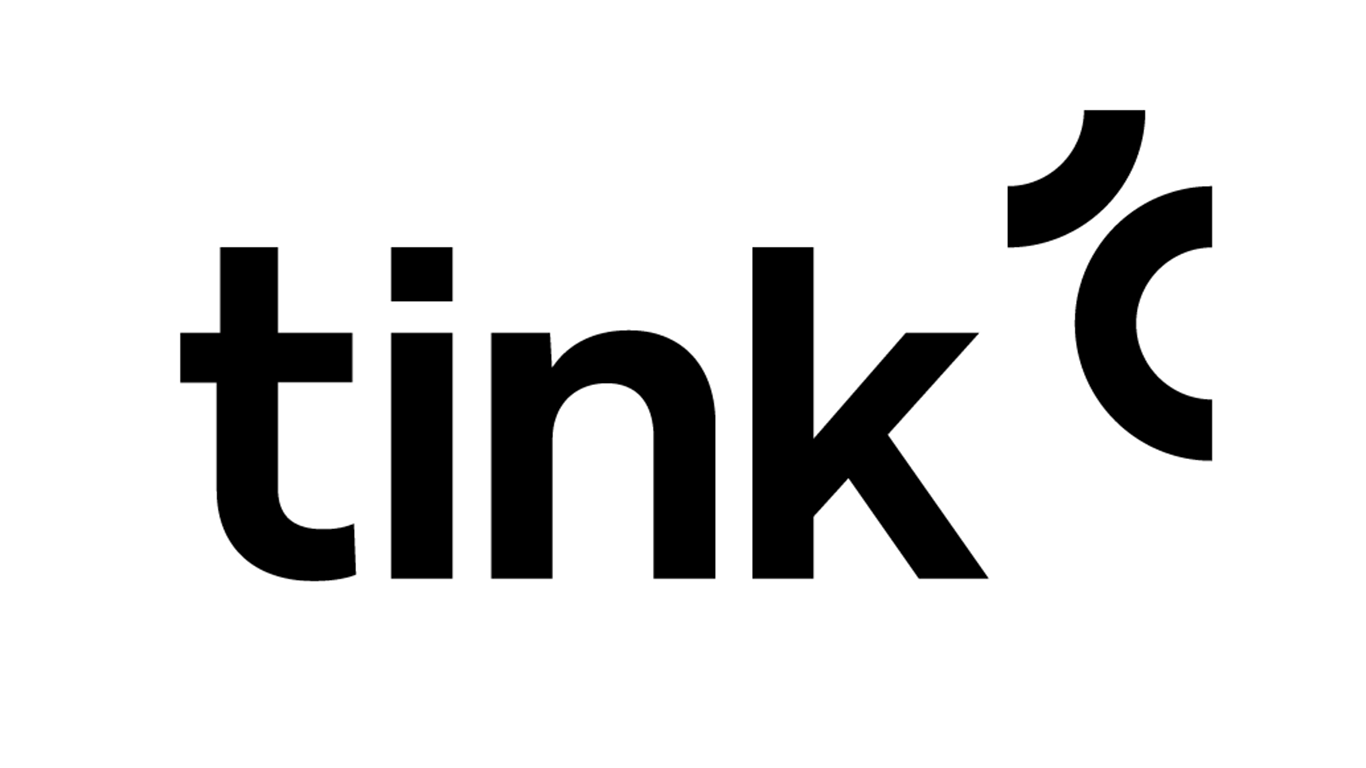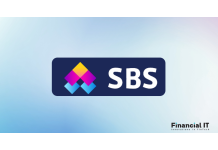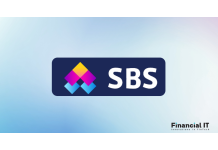ClearBank Partners with Plaid to Power Real-Time Open...
- 04.12.2025 08:55 am
Intuit QuickBooks Goes Live With Open Banking in...
- 24.11.2025 08:35 am
SBS Unveils Its Next-Gen Open Banking Platform...
- 20.11.2025 07:59 am
First Visa A2A Transaction Completed in the UK With...
- 19.11.2025 09:00 am
Finlayer and Salt Edge Partner to Bring Open Banking...
- 30.10.2025 09:55 am
Coinbase and Tink Partner to Launch Pay by Bank Crypto...
- 30.10.2025 09:25 am
SBS Introduces Open Banking Capabilities to UK...
- 29.10.2025 03:05 pm
TrueLayer to Acquire Zimpler, Creating a European Pay...
- 21.10.2025 12:55 pm
Tink Expands Partnership With Splitwise Across Europe
- 20.10.2025 11:05 am
One-Size-Fits-All Finance Is Over: Moneyhub Enables...
- 07.10.2025 09:25 am
GoCardless Processes Over 100,000 Open Banking...
- 06.10.2025 10:05 am
MoneyGram And Plaid Expand Open Banking Partnership To...
- 02.10.2025 01:45 pm






















